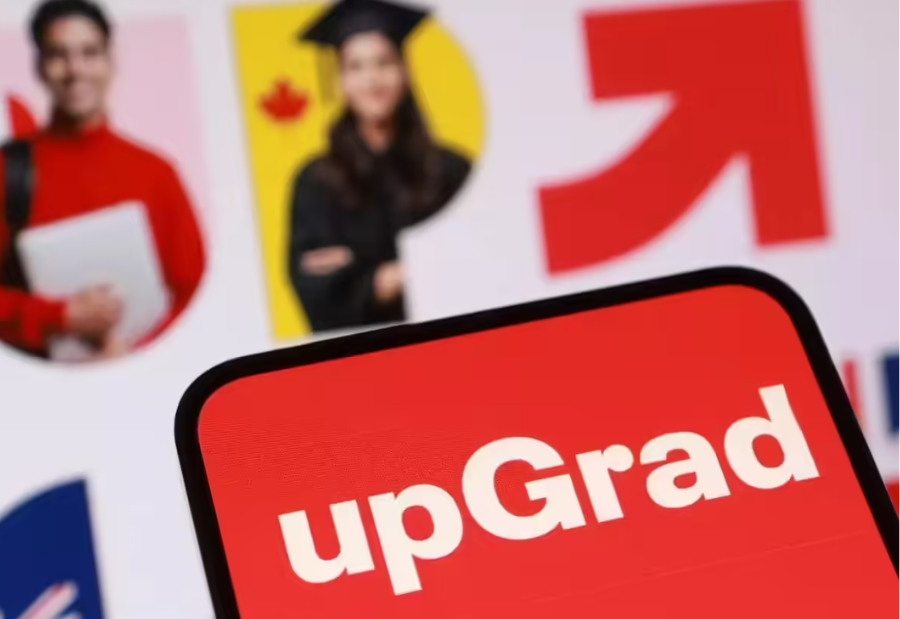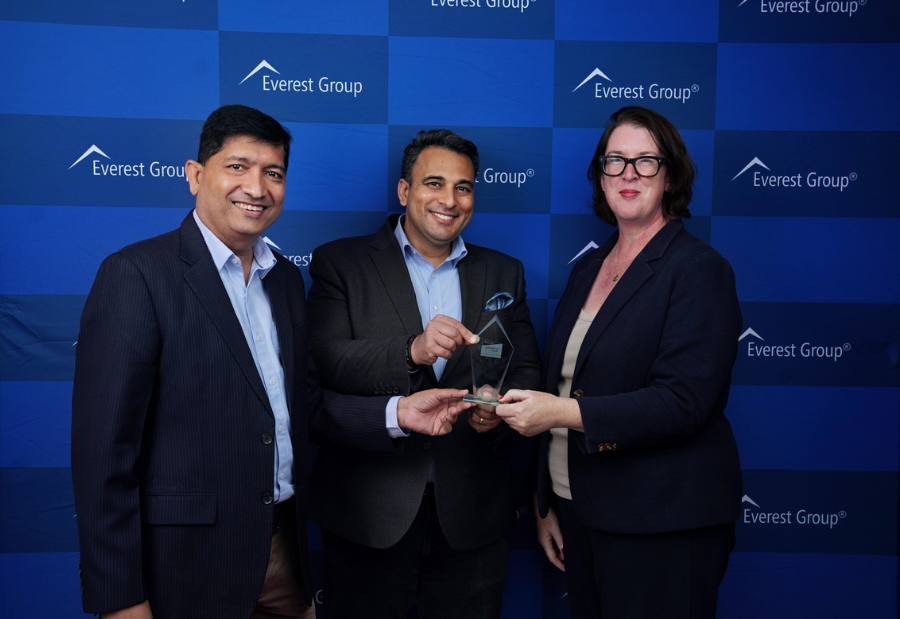Indian edtech company upGrad is expanding its university tie-ups in the Middle East and the Asia-Pacific as fewer students choose to study in the United States and the United Kingdom due to visa restrictions and rising costs, a senior company executive said.
Founded by film producer Ronnie Screwvala and supported by Singapore’s Temasek, upGrad has partnered with nearly 80 universities across 10 countries to provide online MBAs and executive education programmes.
upGrad generates revenue by enrolling students in online courses and supporting their transition to overseas campuses to complete their degrees.
“Some of the top schools in the U.S. and UK have opened campuses in Dubai, Malaysia and Singapore. We have started going that way as well because geopolitical factors restrict enrollment in U.S. and U.K. schools,” said Praneet Singh, associate vice president of upGrad’s Study Abroad business, in an interaction with a news agency.
“We are fiercely expanding to the Middle East and APAC, Japan, Singapore, Malaysia,” Singh added, without sharing specific details on the investments involved.
This strategic focus comes at a time when applications to U.S. universities have fallen, following policy changes introduced under the Trump administration, including stricter rules on students’ social media presence and shorter visa durations.
UpGrad is exploring partnerships with universities such as Johns Hopkins, Carnegie Mellon, Birmingham and Middlesex, which have campuses in Dubai or Doha. The company is also looking at potential collaborations in Vietnam, Bangladesh, Nepal and Sri Lanka, Singh said.
For decades, the U.S. has been the leading destination for Indian students, attracted by research opportunities, better job prospects and higher salaries compared to their home country. However, this trend is shifting due to tighter visa rules and reduced employment opportunities, Singh explained.
According to an upGrad survey, the proportion of Indian students moving to the U.S. dropped to 47 per cent in fiscal year 2025, compared to 60 per cent in the previous year, as geopolitical tensions and the demand for more affordable education alternatives grew.
That downward trend has persisted into this year, Singh said.
Also read: Viksit Workforce for a Viksit Bharat
Do Follow: The Mainstream formerly known as CIO News LinkedIn Account | The Mainstream formerly known as CIO News Facebook | The Mainstream formerly known as CIO News Youtube | The Mainstream formerly known as CIO News Twitter |The Mainstream formerly known as CIO News Whatsapp Channel | The Mainstream formerly known as CIO News Instagram
About us:
The Mainstream formerly known as CIO News is a premier platform dedicated to delivering latest news, updates, and insights from the tech industry. With its strong foundation of intellectual property and thought leadership, the platform is well-positioned to stay ahead of the curve and lead conversations about how technology shapes our world. From its early days as CIO News to its rebranding as The Mainstream on November 28, 2024, it has been expanding its global reach, targeting key markets in the Middle East & Africa, ASEAN, the USA, and the UK. The Mainstream is a vision to put technology at the center of every conversation, inspiring professionals and organizations to embrace the future of tech.




